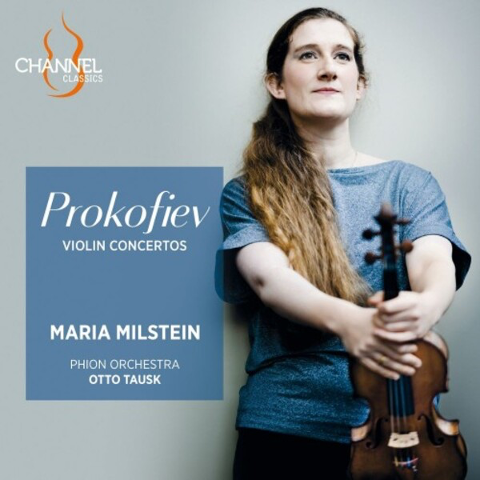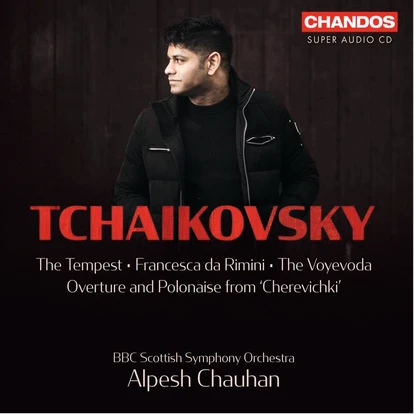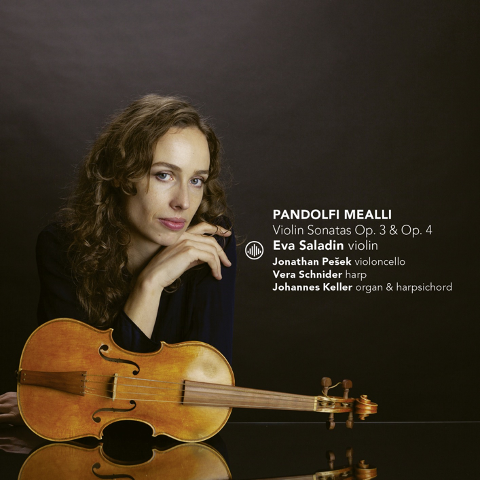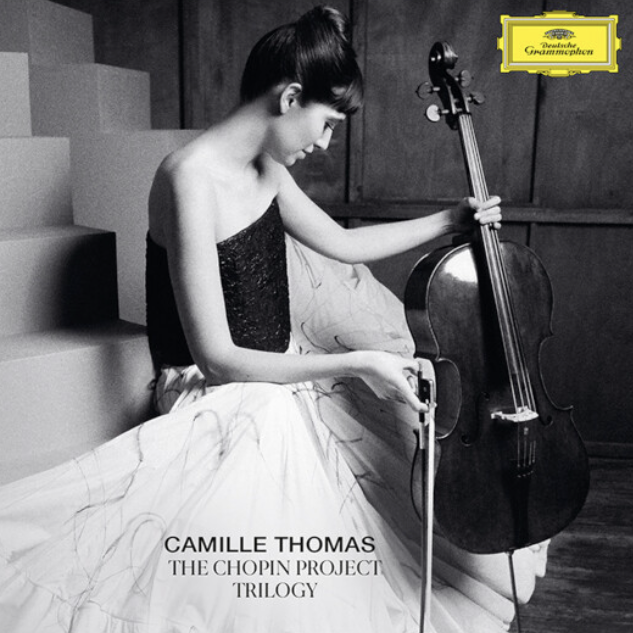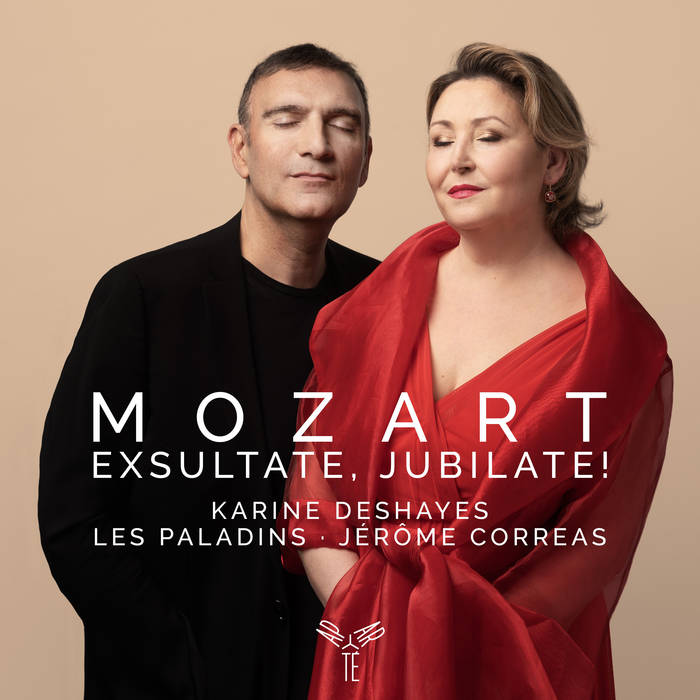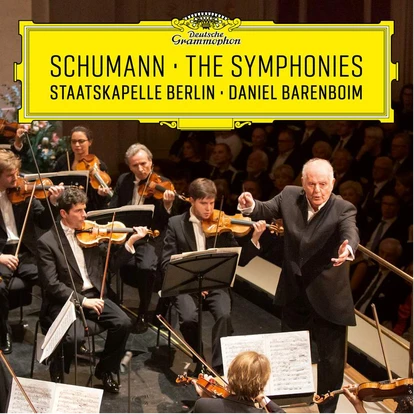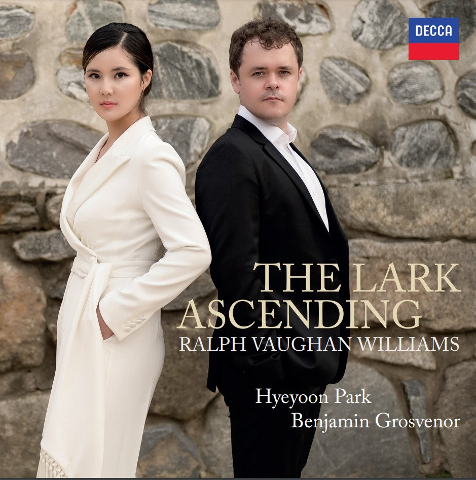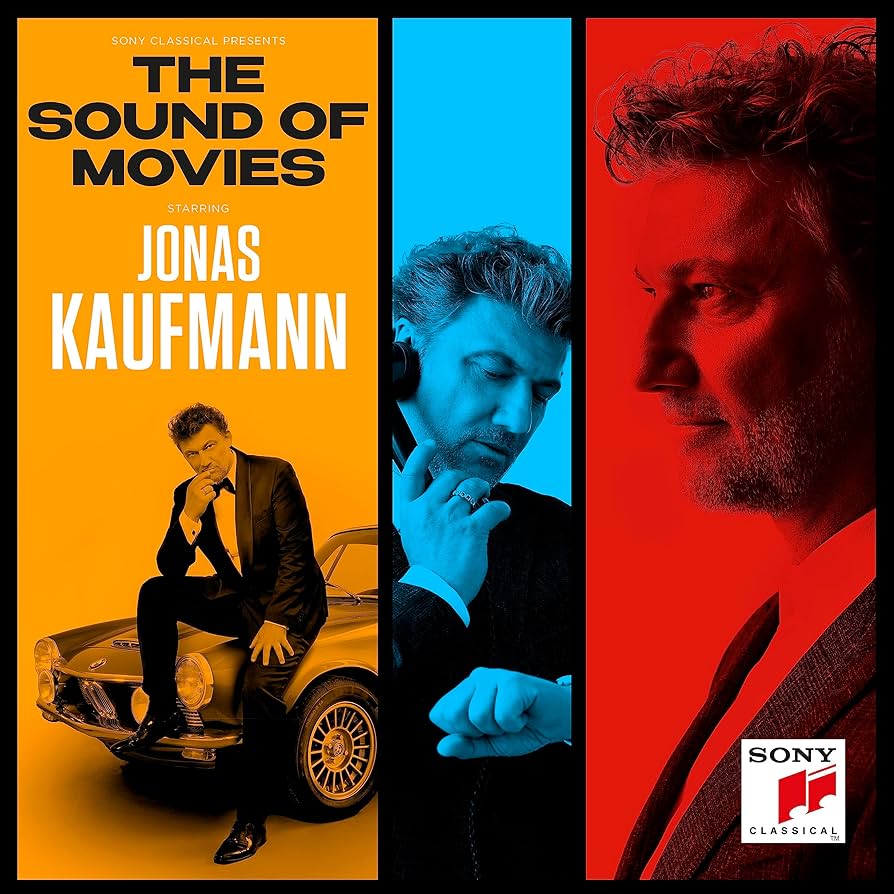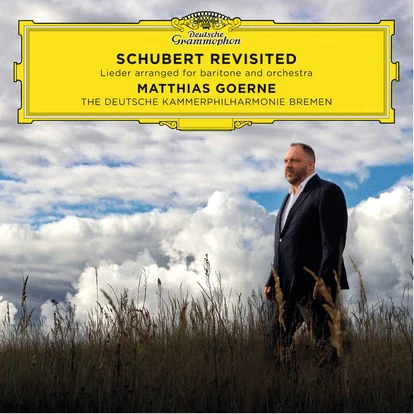Shostakovich Symphony No. 12 “The Year 1917” · Symphony No. 15 – John Storgårds
A Fascinating Exploration of Shostakovich’s Symphonies 12 & 15 by John Storgårds
John Storgårds’ latest interpretation of Shostakovich’s Symphonies 12 and 15, released under the Chandos label, offers a unique perspective on these lesser-explored compositions. The standout feature of this recording lies not only in Storgårds’ insightful interpretations but also in the astonishingly lifelike surround sound production technique employed by Chandos. This release revitalizes two symphonies that have perhaps been overshadowed by the composer’s earlier and more well-known works.
Symphony No. 12, often referred to as “The Year 1917,” delves into the historical context of the Russian Revolution. Storgårds adeptly navigates the intricate emotional landscape of this symphony, capturing the revolutionary fervor while maintaining a firm grasp on the underlying emotional currents. The orchestra’s precision under his baton is evident, allowing each thematic strand to unfold with clarity and conviction.
The true gem of this recording is Symphony No. 15, Shostakovich’s final symphonic statement. Storgårds’ interpretation adeptly captures the interplay between the apparent playfulness of the composition and the deeper undercurrents of sorrow and reflection. The symphony’s enigmatic quotes and references are delivered with finesse, reflecting the composer’s ability to convey complex emotions through seemingly lighthearted gestures. Storgårds’ skillful handling of the symphony’s shifts in mood and texture showcases his deep understanding of the work’s nuances, offering listeners insight into the layers of meaning beneath the surface.
The historical context surrounding Shostakovich’s 15th Symphony cannot be overlooked. The performance evokes the composer’s own experience during its UK premiere, where his visible unease and discomfort seemed to reflect his personal struggles under the oppressive Stalinist regime. Storgårds’ interpretation resonates with this background, offering a performance that speaks to both the symphony’s surface-level eclecticism and the underlying somber tones reflecting the composer’s hardships.
Chandos’ surround sound recording technique complements Storgårds’ conducting expertise, creating an immersive sonic experience that places listeners within the heart of the orchestra. This attention to detail adds another layer of richness to the performances, enhancing the impact of every musical motif and thematic transformation.
In conclusion, John Storgårds’ interpretation of Shostakovich’s Symphonies 12 and 15, in collaboration with Chandos, presents a fascinating perspective on these works. The conductor’s insightful approach and nuanced understanding of the emotional complexities within these pieces infuse them with renewed vitality. The juxtaposition of the seemingly light-hearted and the deeply introspective elements in Symphony No. 15 is masterfully handled, while Symphony No. 12 benefits from Storgårds’ commanding direction. This recording is an essential addition to any collector’s library, shedding light on the lesser-explored corners of Shostakovich’s symphonic output.


